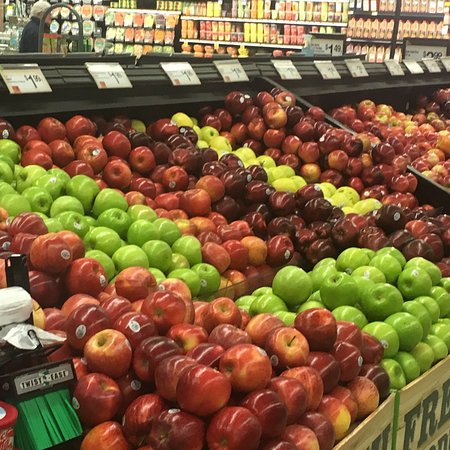Ways of operating from the retail food sector are invariably changing. This is especially valid inside the supermarket space. Today’s informed individuals are increasingly demanding quality, fresh, and innovative foods. Additionally, these consumers also demand convenience be served along with these first-rate products.
More grocery items are being purchased at non-traditional food retailers. For instance , Wal-Mart Stores Inc., Costco Wholesale Corporation, in addition to pharmacies/drugstores, and specialty alternative grocers.
How are traditional grocers – chains and independents – addressing the twin problems with freshness and convenience? Listed below are ways they’re working to grow sales through serving their customers better:
1. Locally sourced products. It’s really a considering that products sourced locally will probably be on supermarket shelves along with supermarket counters quicker. Same-day produce and dairy deliveries from local suppliers ensure customers receive their best food items fresher.

In addition, today’s savvy consumers wish to know in which their foods are coming from. This gives the crooks to easily and quickly trace many origins as long as they experience any difficulties with them. Hence, locally sourced could be the new idea, which food retailers are on board with to meet customer demands.
2. More specialized departments. Fresh products in grocery stores are coming increasingly from very specialized departments. These include artisan bakeries, market fresh fish and seafood departments, gourmet cheese departments, and create departments offering more organic produce.
Artisan in-store bakeries (with products baked fresh daily) are providing breads and other goods with unbleached flour and healthy grain. Specialized departments focusing on all-natural products are quitting products containing MSG. Moreover, they’re providing consumers’ wishes for low-sodium, low or no sugar, as well as gluten-free products.
3. Clean food. Clients are demanding ‘cleaner’ food. This implies products with limited ingredients. Nonetheless, these limited ingredients must be first-rate, without preservatives and additives. Consumers want to know how their vegatables and fruits are grown and processed. They want to know whether or not the meat they purchase is grain or grass-fed and if it contains antibiotics or chemicals. Supermarkets are increasingly stocking food products that meet consumers’ needs during these areas.
More information about home please visit resource: look at more info.
